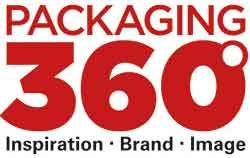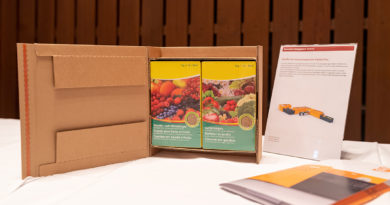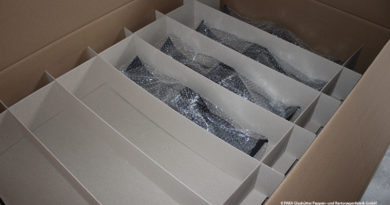“Every purchase is a statement”
Nestlé’s Head of Communications Helmut Gahmann spoke about the world's largest food manufacturer's new view of the consumer.
Today’s consumers don’t just want to be consumers. Brand manufacturers should therefore no longer see themselves solely in the role of supplier, said Hartmut Gahmann, Director Corporate Communications + Public Affairs at Nestlé Germany. He explained that modern consumers have an attitude, values. For this they need partners. “Can they find these in institutions, and also in brands? Companies are considering how they can become a kind of partner for consumers. How can they communicate values?”
Growing need to communicate information about food
For companies such as Nestlé, it is important to know what consumers in the business areas concerned think and feel. Because not everything that is legal is legitimate. A food manufacturer, for example, needs to know how consumers evaluate the ingredients and how they currently feel about what is fair or unfair. Ultimately, the balance with the shareholders’ opinion must be right. “And the decision must be communicated accordingly,” says Gahmann. “Today, developing and selling a product is no longer enough. We have very great potential in the social media for communicating information.” Gahmann had previously noted that there was nothing more to be gained from the so-called “haters” in any case.
Food labelling provides orientation
The transformation in food consumption is noticeable everywhere, and new topics such as Nutri Score are emerging. Nestlé supports this food labelling system, which Gahmann explains provides orientation, and functions in the European market. Packaging producers need uniformity in Europe, otherwise the costs would be too high. Gahmann feels there is little risk that entire product lines could fail with consumers because the packaging shows how much sugar they contain, arguing that you will have both: nutrition-conscious consumers and people who buy a product because, for example, they feel like crisps. Younger consumers in particular see nutrition as a way to optimise their results in a performance-oriented society. As a result, alternative protein sources such as insects are perfectly conceivable. “As long as they taste right, we will bring products like this to the market.” Gahmann is also confident that value-oriented consumers will continue to reach for packaged food. But he is mindful that “basically, every purchase is a statement, whether I’m eating chips on Frankfurt’s Zeil pedestrian zone or taking my own Tupperware to the supermarket.”
Nestlé is committed to the Paris Convention
He also pointed to the results of the 2015 Nestlé study “How does Germany eat in 2030?” At the time, most respondents stated that sustainable consumption was important to them. “This includes packaging.” For Nestlé, the question therefore also arises as to what contribution packaging can make to sustainability. However, he also stressed that packaging only accounts for about 10 per cent of a product’s CO2 emissions. Nestlé packaging expert Christian Detrois, for example, pointed out at the last FachPack that raw materials account for 55 per cent of the CO2 footprint. As the world’s largest food company, Nestlé announced in September that it will reduce its net greenhouse gas emissions to zero by 2050. This puts the company in line with the Paris Agreement goal of limiting the global temperature increase to 1.5°C.
Wie is(s)t Deutschland 2030?
Nestlé Future Forum (Ed.)
Deutscher Fachverlag
Softcover (208 pages, German only)
EUR 29.80
ISBN 978-3-86641-309-2




